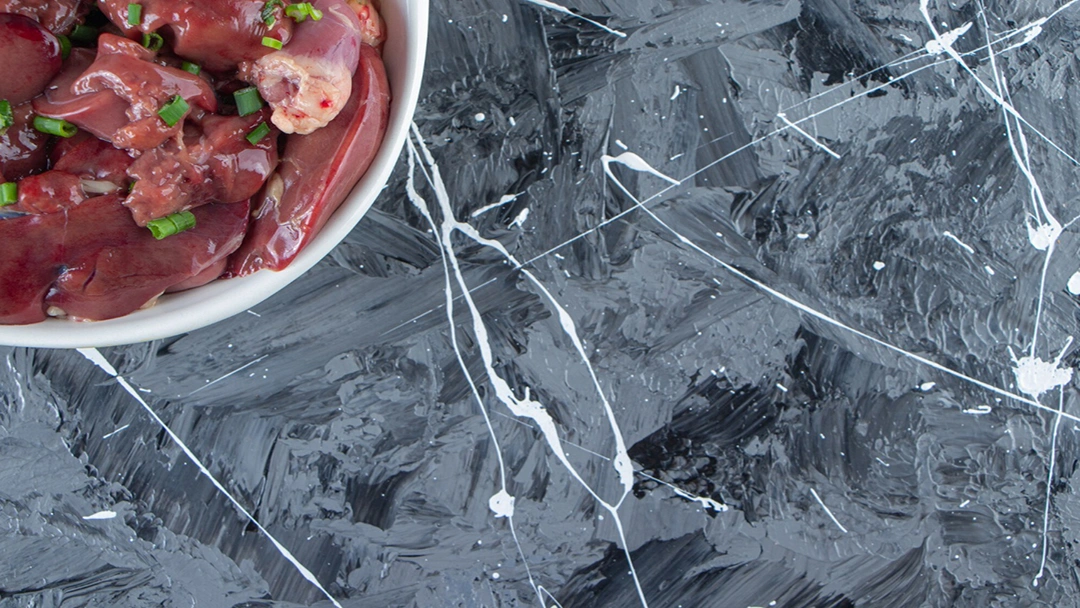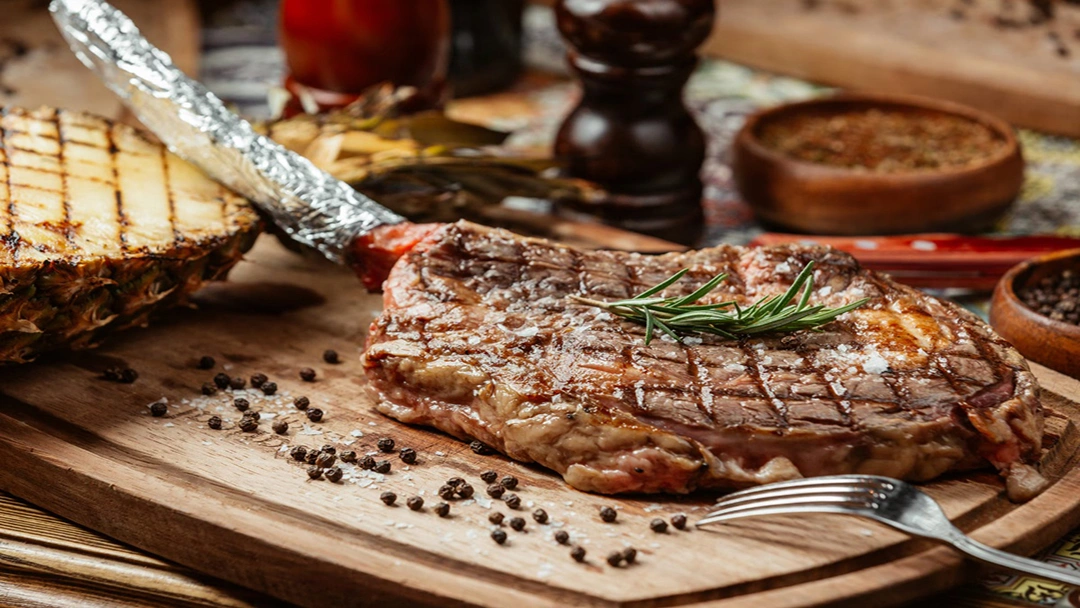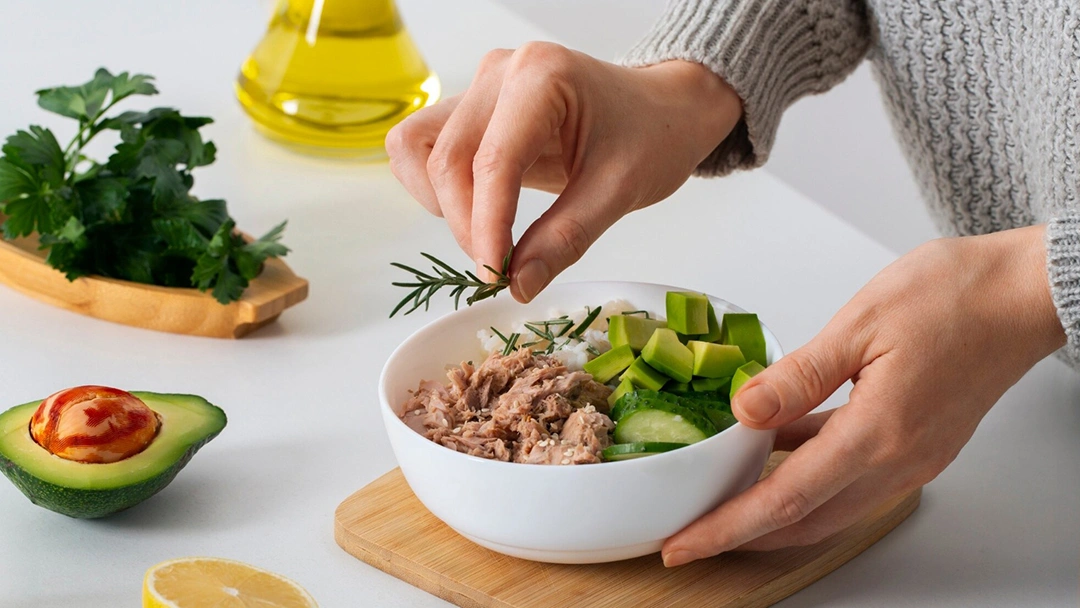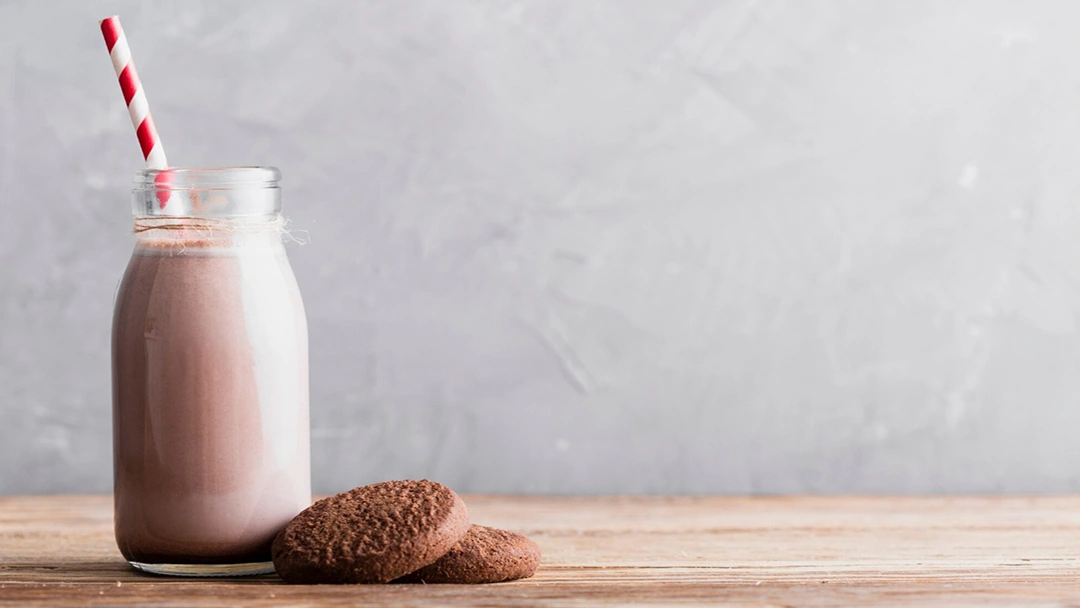The Importance of Boron for the Body
First, we should mention that boron isn’t classified as "essential" for the body because boron deficiency has not been officially recognized as a specific disease or medical condition.
Unlike essential minerals like iron or calcium, boron deficiency is not directly linked to severe health issues or specific diseases.
It suggests that the body can function and maintain its vital processes without boron, even though boron might offer certain health benefits, such as:
- Supporting Strong Bones: Boron helps you build stronger and healthier bones. Getting at least one milligram of boron daily can improve your body’s ability to create the compounds needed to form and maintain bones [4].
- Boosting Metabolism: Boron helps your body absorb and use magnesium more efficiently. Magnesium is vital for how your body processes carbohydrates, and a lack of it can worsen insulin resistance. So, getting enough boron can boost your metabolism and help regulate blood sugar levels [5].
- Balancing Hormones: Boron can help maintain proper levels of testosterone and estrogen, which are crucial for many bodily functions. By supporting hormone balance, boron may also lower the risk of cancers [6].
While boron is a useful mineral and can help with some body processes, consuming too much of it can lead to many side effects.
Learn More: The Best Multivitamin on Carnivore Diet
[cta-meetings]
Side Effects of Boron
Boron is not generally a harmful mineral, but consuming too much boron in the long term can lead to many side effects.
According to the National Institute of Health (NIH), it’s better not to take more than 20 mg of boron per day as it can cause nausea, vomiting, diarrhea, rashes, headaches, upper abdominal pain, and convulsions [7].
Also, consuming very high amounts of boron can cause death in sensitive individuals, especially in children [8].
Since the body does not naturally produce boron, if you want it, you should get it from plant-based foods. But what if you’re on a low-carb diet like Carnivore that does not allow plant-based foods? Do you need boron on a Carnivore Diet?
Learn More: Can I Eat Cheese on Carnivore Diet? The Best & Worst Cheese
Do You Need Boron on a Carnivore Diet?
Generally, you don’t need boron on a Carnivore Diet. Boron is known to help with bone health by helping the body use calcium and vitamin D.
However, you can maintain calcium and vitamin D absorption on a Carnivore Diet with animal-based foods.
On a Carnivore Diet, you can get most essential minerals from animal-based foods. For example, fatty fish, liver, and bone marrow are rich in vitamin D, calcium, and other crucial nutrients for bone health [9].
Additionally, Carnivore Diet foods like organ meats and bone broth can provide enough magnesium, which is essential for metabolism.
These animal-based sources offer sufficient magnesium to support your body’s metabolic processes, even without boron [10].
But if your body lacks boron and needs it, how should you add it to your Carnivore Diet?
Learn More: The Carnivore Diet Protein Powder: 4 Best Protein Powders
[cta-meal-plan]






























